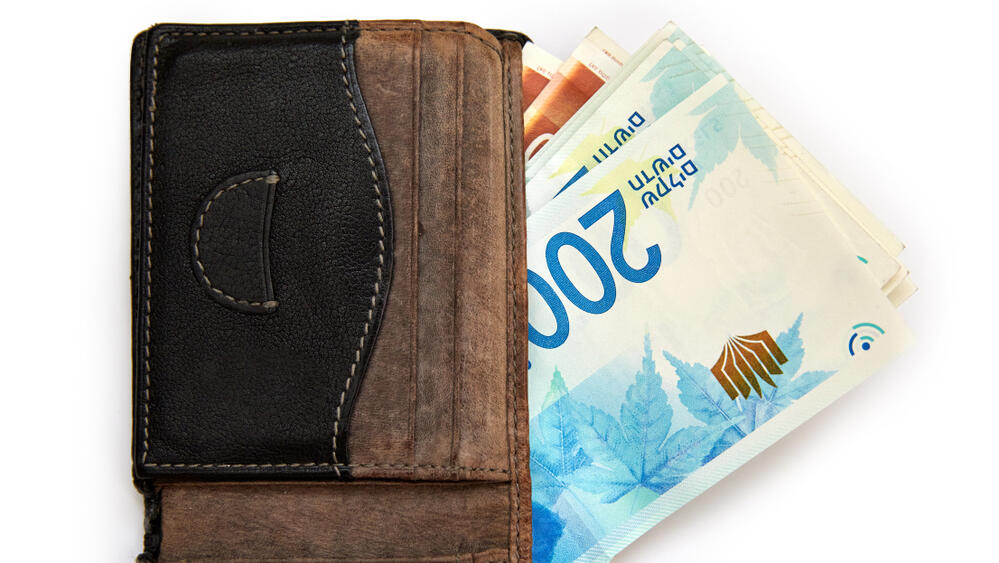Getting your Trinity Audio player ready...
A new law banning payments of large sums of money in cash and bank checks went into effect on Monday, August 1, Israel’s Tax Authority said.
The goal of the reform, according to a statement issued by the Tax Authority, is to fight organized crime, money laundering and tax noncompliance.
Under the new law, any payment to a business above 6,000 NIS ($1,700) must be made using alternative methods, such as a digital transfer or a debit card. Trading between private citizens who are not listed as business owners will be limited to 15,000 NIS ($4,360) in cash. In both cases, deals exceeding these sums can include a cash payment worth up to 10% of the total value of the deal. This is another step in Israel’s fight against the use of cash. Previously, cash up to the amount of 11,000 NIS ($3,200) could be used in business deals.
“We want the public to reduce the use of cash money,” Adv. Tamar Bracha, who is in charge of executing the law on behalf of Israel’s Tax Authority, said. “The goal is to reduce cash fluidity in the market, mainly because crime organizations tend to rely on cash. By limiting the use of it, criminal activity is much harder to carry out.”
For that to happen, there must be less cash in the market.
Attorney Uri Goldman, an expert in tax civil and criminal law, and money laundering who represented clients in an appeal against the cash law in 2018, claims the main problem with the law is that it is simply not efficient.
“We were in the discussions about the bill. The data we brought showed that since the first phase of the law was in effect, the amount of cash on the market only increased. So clearly, something’s not working,” Goldman said.
Goldman also explained the downside of the law. “When the bill passed there were over a million citizens without bank accounts in Israel. The law would prevent them from conducting any business and would, practically, turn 10% of the population into criminals,” he said.
There are some exemptions to the new law: charitable institutions, which are most common in ultra-Orthodox society; and trade with Palestinians from the West Bank, who are not citizens of Israel. In the case of the latter, deals including large amounts of cash will be allowed, yet they will require a detailed report to Israel’s Tax Authority.
Bracha says these exceptions are limited in time and are meant to help institutions and populations that have no other alternative, by giving them time to change their payments methods.
Goldman does not think this will help. “I don’t think anyone will find a solution,” he said. “This part of the law basically promises Palestinians from the West Bank and ultra-Orthodox Jews a way out. It’s unfair to the rest of the people, and I’m doubtful it will change in the future.”
The law, originally proposed in 2015, was initially approved in 2018. In its original form it included an article banning the private holding of large sums of cash money, and limiting the permitted sum to 50,000 NIS ($14,500). While this article did not pass at the time, Israel’s Finance Ministry intends to bring it to a vote in the country’s parliament again after the upcoming elections.
According to the Tax Authority, several other countries have parallel laws, and they have proven to be effective. Critics, however, think at least one aspect must change for the law to work.
“They should permit people, at least once, to declare all the cash money they have and put it in the bank. Otherwise, the cash might not be used like before, but it’s still out there, going around. If they find the legal way to do this, it could start a change,” Goldman said of the idea that he noted was suggested in the preliminary discussions about the law but was never approved.




